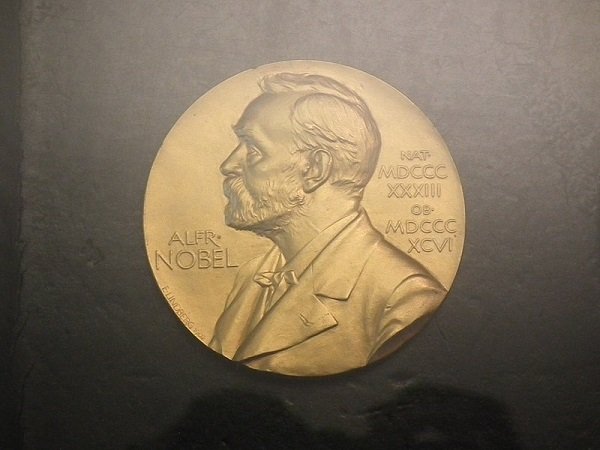This year’s Nobel Prize in Physiology or Medicine 2023 has been awarded jointly to Katalin Karikó and Drew Weissman “for their discoveries concerning nucleoside base modifications that enabled the development of effective mRNA vaccines against COVID-19”.
Both Katalin Karikó and Drew Weissman are affiliated to University of Pennsylvania. Their contributions towards use of mRNA technologies for vaccine and therapeutic purposes have fundamentally changed understanding of how mRNA interacts with immune system and played a crucial role in development of vaccine against the COVID-19 pandemic at an unprecedented pace to meet the urgency.
The key event was their observation that dendritic cells recognize in vitro transcribed mRNA as a foreign substance while mRNA from mammalian cells did not give rise to immune reaction. They investigated if the absence of altered bases in the in vitro transcribed RNA could be attributed to the unwanted inflammatory reaction and found that the inflammatory response was abolished when base modifications were included in the mRNA. This finding removed the key obstacle in use of mRNA technology for vaccine development and therapeutics and was published in 2005.
Fifteen years later, the unprecedented situation presented by the COVID-19 pandemic led to fast-paced clinical trials and EUA of effective mRNA vaccines against the COVID-19. mRNA Vaccine against COVID-19 was a milestone in science and a game changer in medicine.
Now, mRNA technology is proven technology for development of vaccines and therapeutics.
Source:
NobelPrize.org. Press release – The Nobel Prize in Physiology or Medicine 2023. Posted 2 October 2023. Available at https://www.nobelprize.org/prizes/medicine/2023/press-release/
***






































